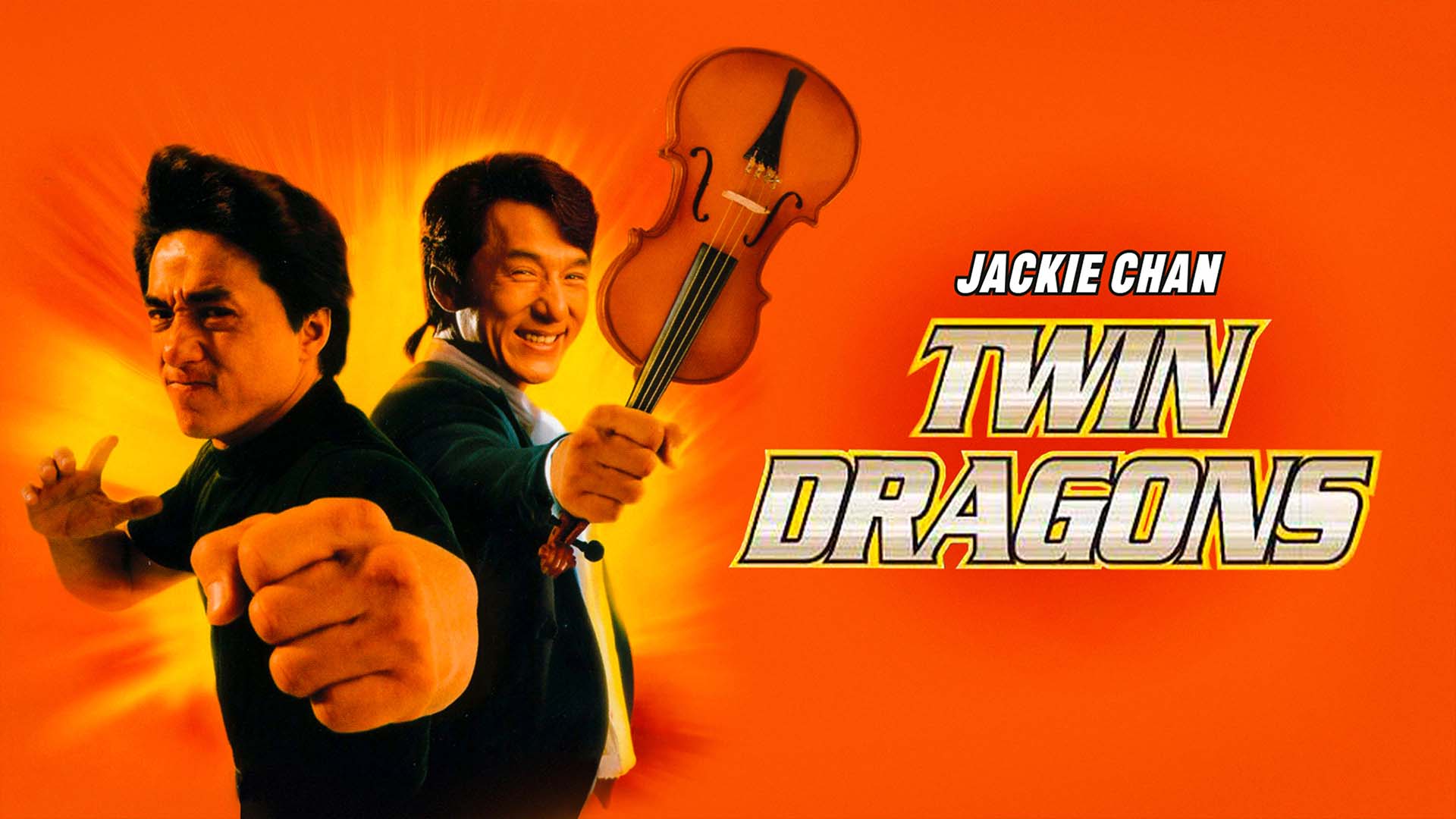"Snowpiercer" – A Dystopian Allegory on Class, Survival, and Revolution
Snowpiercer (2013), directed by acclaimed South Korean filmmaker Bong Joon-ho, is a visually stunning and intellectually rich dystopian sci-fi thriller that examines the consequences of climate catastrophe and the brutal divide between social classes. Based on the French graphic novel Le Transperceneige by Jacques Lob, Benjamin Legrand, and Jean-Marc Rochette, the film combines gripping action with profound social commentary, making it one of the most original and thought-provoking genre films of the decade.
The story is set in a post-apocalyptic future where a failed climate experiment intended to stop global warming has plunged Earth into a frozen wasteland. The last remnants of humanity survive aboard the Snowpiercer, a high-speed train that endlessly circles the globe. The train itself is a microcosm of a rigid class system: the wealthy elite live in luxury at the front, while the impoverished masses are crammed into squalid conditions at the tail end.

Chris Evans plays Curtis, a reluctant hero and leader of the oppressed tail-section passengers. Driven by desperation and rage, he leads a violent uprising to reach the front of the train and confront the enigmatic creator of the Snowpiercer, Wilford. Along the way, Curtis and his fellow rebels—played by a diverse cast including Octavia Spencer, Jamie Bell, Song Kang-ho, and Tilda Swinton—encounter bizarre and grotesque realities that reflect the extremes of privilege, control, and manipulation.
The film’s direction is bold and relentless. Bong Joon-ho masterfully balances intense, stylized action sequences with surreal, haunting moments of quiet reflection. The train's compartmentalized design allows each car to present a new theme or layer of society—from the horrifying to the absurd—making the journey feel like a descent (or ascent) through humanity’s moral spectrum.

One of Snowpiercer’s greatest strengths is its allegorical weight. It’s not simply a story of rebellion, but a biting critique of capitalism, inequality, and the cyclical nature of power. Tilda Swinton’s role as Minister Mason, a grotesque mouthpiece of the ruling class, is both comical and disturbing, embodying the absurdity of authoritarian propaganda.
Visually, the film is breathtaking despite its confined setting. Harsh, industrial visuals in the rear contrast with the lush, almost surreal environments in the front, emphasizing the stark divide in quality of life. The cinematography, combined with Marco Beltrami’s eerie score, creates a mood of tension, dread, and unease throughout.

Snowpiercer culminates in a bold, morally complex finale that forces its characters—and its audience—to confront difficult questions about sacrifice, survival, and whether true change is ever possible within a corrupt system.
Ultimately, Snowpiercer is more than a dystopian action film; it’s a philosophical exploration of humanity’s flaws and a chilling warning about the price of complacency. Bong Joon-ho crafts a masterpiece that is as thrilling as it is intellectually unsettling, and its themes remain powerfully relevant in today’s world.



